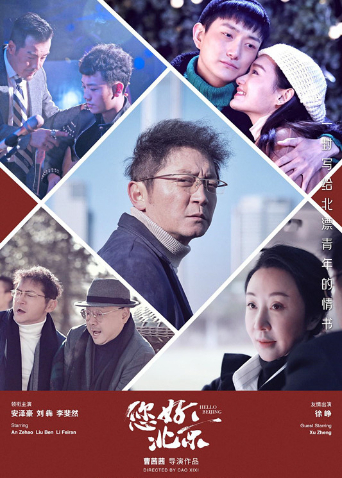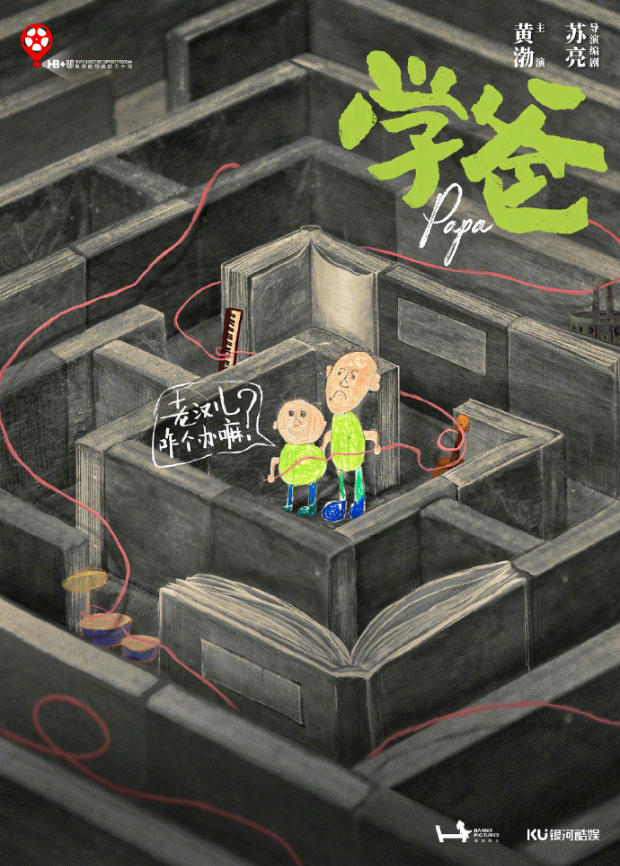 阳一
阳一
发表于7分钟前回复 :20世纪40年代末,古老的中华民族迎来了决定命运的重要时刻。国共两党的抗争进入攻坚阶段,辽沈战役和淮海战役后,蒋介石(赵恒多 饰)受到极大触动,意图撤回华北六十万国军进入淮海,构筑一条坚固的江淮防线。在此危急关头,毛泽东主席(古月 饰)在西柏坡发出指令,授意林彪(马绍信 饰)率领东北野战军秘密跨越长城,会同聂荣臻的华北野战军发起平津战役,分割傅作义(李定保 饰)军团以作各个歼灭。傅一面婉拒美国势力入住华北的请求,一面说服总统打消军队南撤的念头,顺利在华北取得空前的权力。谁知在此期间,解放军已悄悄完成对平津的包围。傅作义感到大势已去,决定通过身为共产党员的女儿冬菊(陈红梅 饰)与对手和谈。只是和平的果实来之不易,在此之前还要经受更多的考验……本片为中国共产党诞生七十周年纪念作品,是大决战三部曲的第三部。
 魏瑛侠
魏瑛侠
发表于8分钟前回复 :It has been said that most great twentieth century novels include scenes in a hotel, a symptom of the vast uprooting that has occurred in the last century: James Ivory begins Quartet with a montage of the hotels of Montparnasse, a quiet prelude before our introduction to the violently lost souls who inhabit them.Adapted from the 1928 autobiographical novel by Jean Rhys, Quartet is the story of a love quadrangle between a complicated young West Indian woman named Marya (played by Isabelle Adjani), her husband Stefan (Anthony Higgins), a manipulative English art patron named Heidler (Alan Bates), and his painter wife Lois (Maggie Smith). The film is set in the Golden Age of Paris, Hemingway's "moveable feast" of cafe culture and extravagant nightlife, glitter and literati: yet underneath is the outline of something sinister beneath the polished brasses and brasseries.When Marya's husband is put in a Paris prison on charges of selling stolen art works, she is left indigent and is taken in by Heidler and his wife: the predatory Englishman (whose character Rhys bases on the novelist Ford Madox Ford) is quick to take advantage of the new living arrangement, and Marya finds herself in a stranglehold between husband and wife. Lovers alternately gravitate toward and are repelled by each other, now professing their love, now confessing their brutal indifference -- all the while keeping up appearances. The film explores the vast territory between the "nice" and the "good," between outward refinement and inner darkness: after one violent episode, Lois asks Marya not to speak of it to the Paris crowd. "Is that all you're worried about?" demands an outraged Marya. "Yes," Lois replies with icy candor, "as a matter of fact."Adjani won the Best Actress award at Cannes for her performances in Quartet: her Marya is a volatile compound of French schoolgirl and scorned mistress, veering between tremulous joy and hysterical outburst. Smith shines in one of her most memorable roles: she imbues Lois with a Katherine-of-Aragon impotent rage, as humiliated as she is powerless in the face of her husband's choices. Her interactions with Bates are scenes from a marriage that has moved from disillusionment to pale acceptance.Ruth Prawer Jhabvala and James Ivory's screenplay uses Rhys's novel as a foundation from which it constructs a world that is both true to the novel and distinctive in its own right, painting a society that has lost its inhibitions and inadvertently lost its soul. We are taken to mirrored cafes, then move through the looking glass: Marya, in one scene, is offered a job as a model and then finds herself in a sadomasochistic pornographer's studio. The film, as photographed by Pierre Lhomme, creates thoroughly cinematic moments that Rhy's novel could not have attempted: in one of the Ivory's most memorable scenes, a black American chanteuse (extraordinarily played by Armelia McQueen) entertains Parisian patrons with a big and brassy jazz song, neither subtle nor elegant. Ivory keeps the camera on the singer's act: there is something in her unguarded smile that makes the danger beneath Montparnasse manners seem more acute.




